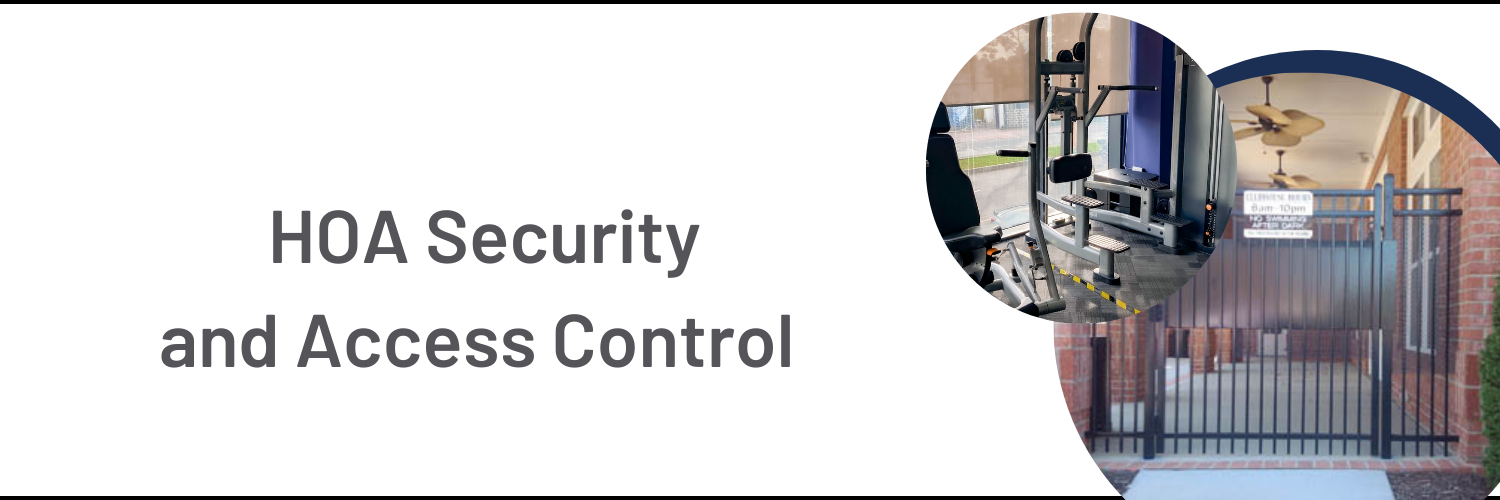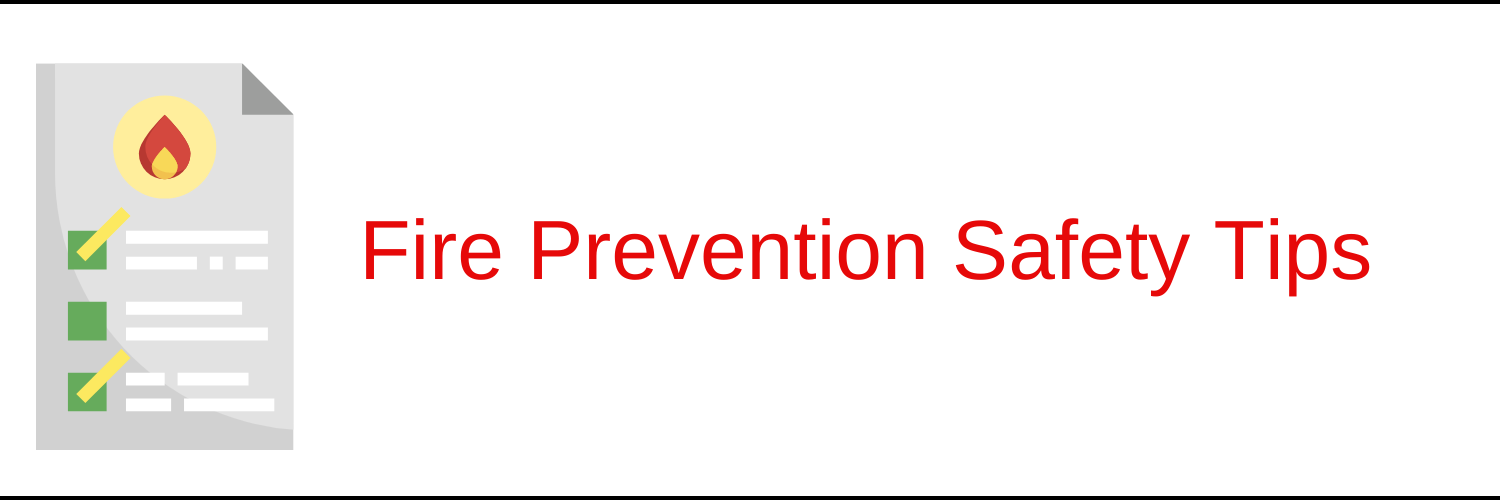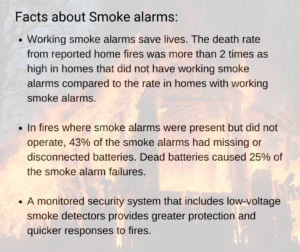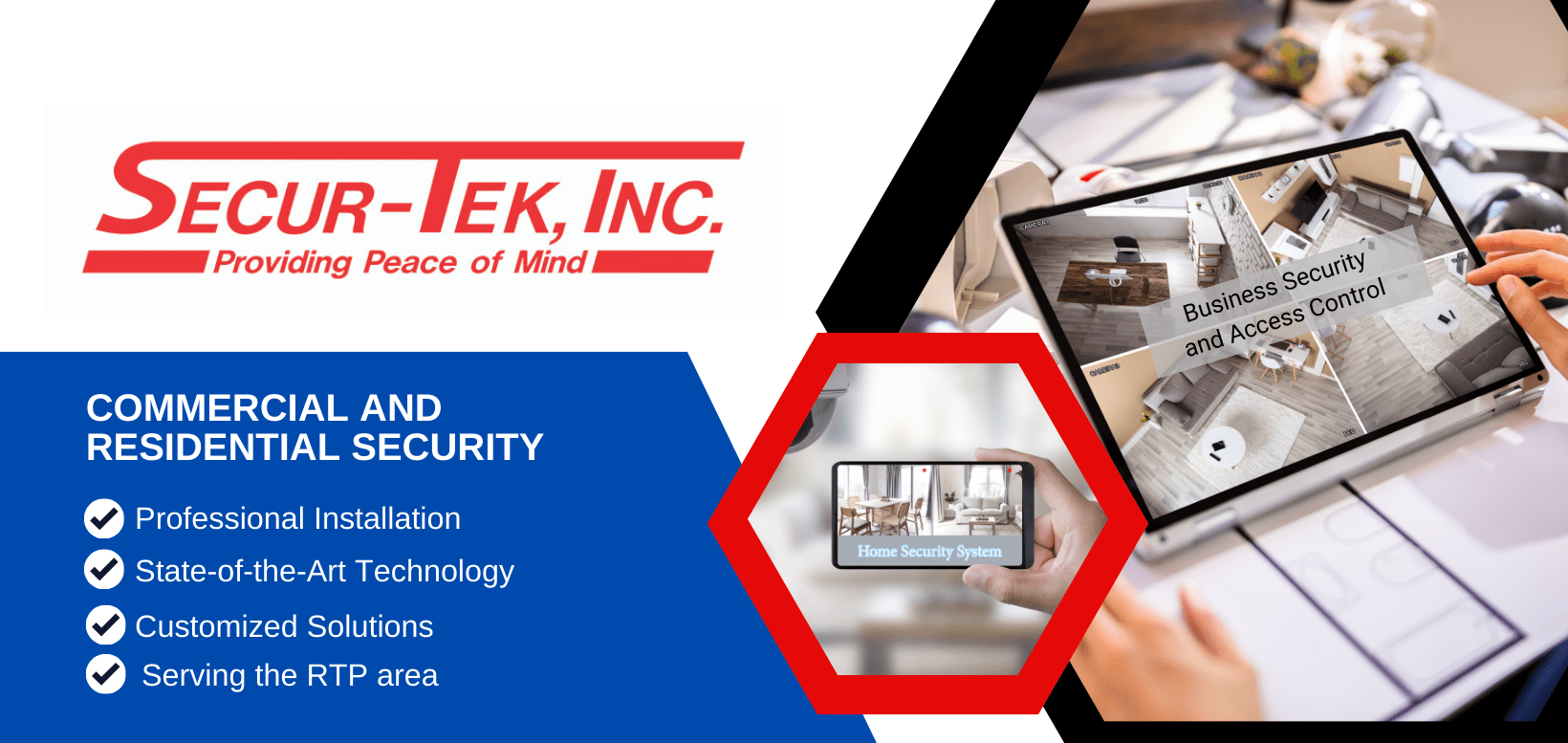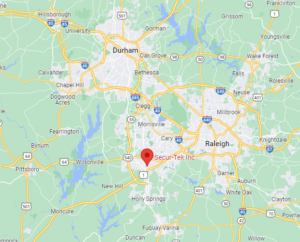Many communities in the Triangle area offer amenities like swimming pools, exercise centers, or neighborhood clubhouses. While these amenities are great for residents, they can create liability issues for the HOA, POA, or property management group. It is important to control access while balancing convenience for the residents and monitoring for safety and security.
Secur-Tek, Inc. sells and installs equipment and monitoring solutions for community pool gates and shared amenities in the greater Raleigh, North Carolina area.
Solutions for ease of access:
Using coded cards or key fobs to control the swimming pool and fitness center access are efficient and cost-effective. Requiring cards or fobs to enter pool gates keeps strangers or unattended children out while offering convenient access to members or residents. The system can also be set up to open gates at specific times and coded so authorized personnel can review when access is requested for legal and illegal entry.
For ease of access management, Secur-Tek can provide remote hosting. Controlled internet access provides the ability to make program changes or unlock/lock a door/gate from anywhere. For the best control of your point of access, we install Keyscan access systems manufactured by Dormakaba, a global leader in the security and access control market.
Solutions for security:
In addition to good fencing and access control, we recommend installing a camera system. Cameras serve multiple purposes. Most importantly, when visible, they act as a deterrent to potentially hazardous or destructive behavior. If the unfortunate happens, they can prove helpful for identifying and prosecuting individuals caught trespassing or vandalizing the property. Should the situation arise where someone is injured, cameras also offer the option to review what happened and validate that safety equipment was in place.
Securing common areas while allowing convenient access for those authorized to use them is a critical issue for HOAs. Secur-Tek has the experience to help with this responsibility through the process of selecting and installing the right equipment given your situation, budget, and safety/security requirements.
If you need to update or install a new access control system, give us a call at 919-387-1800.
Secur-Tek is locally owned and operated in Apex, NC, offering home and business security, monitoring, automation audio and central vacuum systems. Our service area includes Apex, Cary, Fuquay-Varina, Chapel Hill, Clayton, Garner, Holly Springs, Durham, Raleigh, Morrisville, and Pittsboro in North Carolina.

